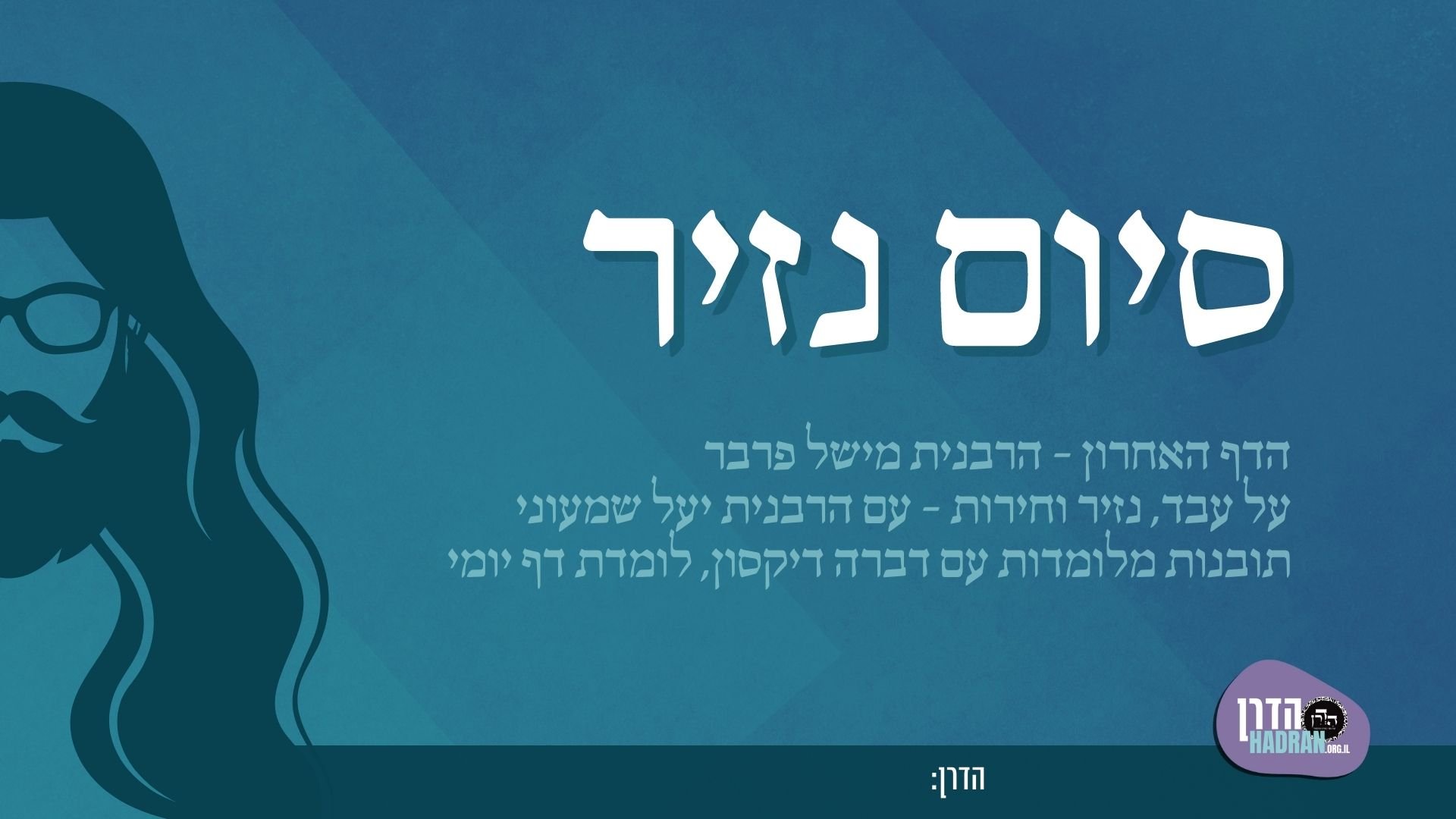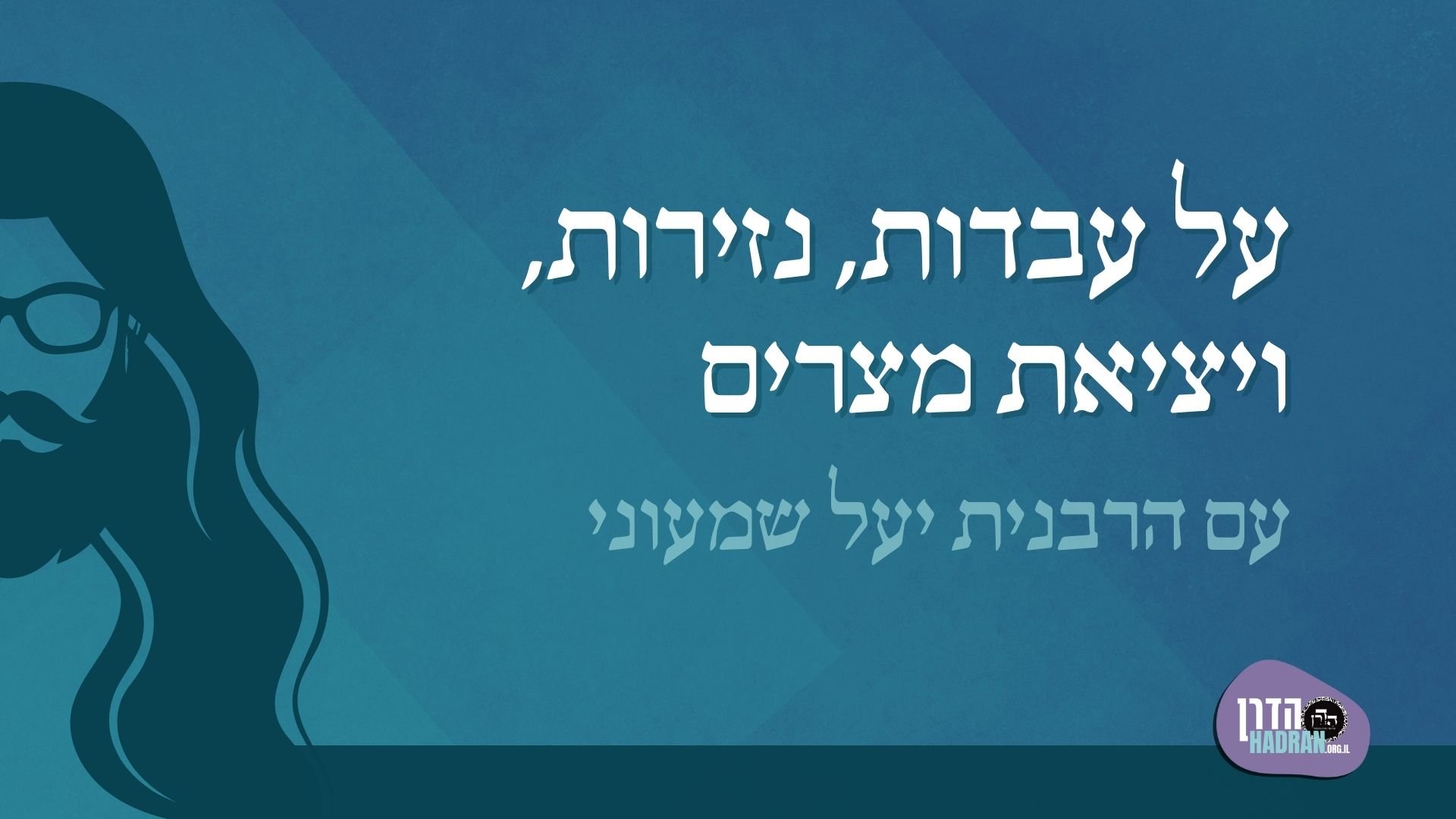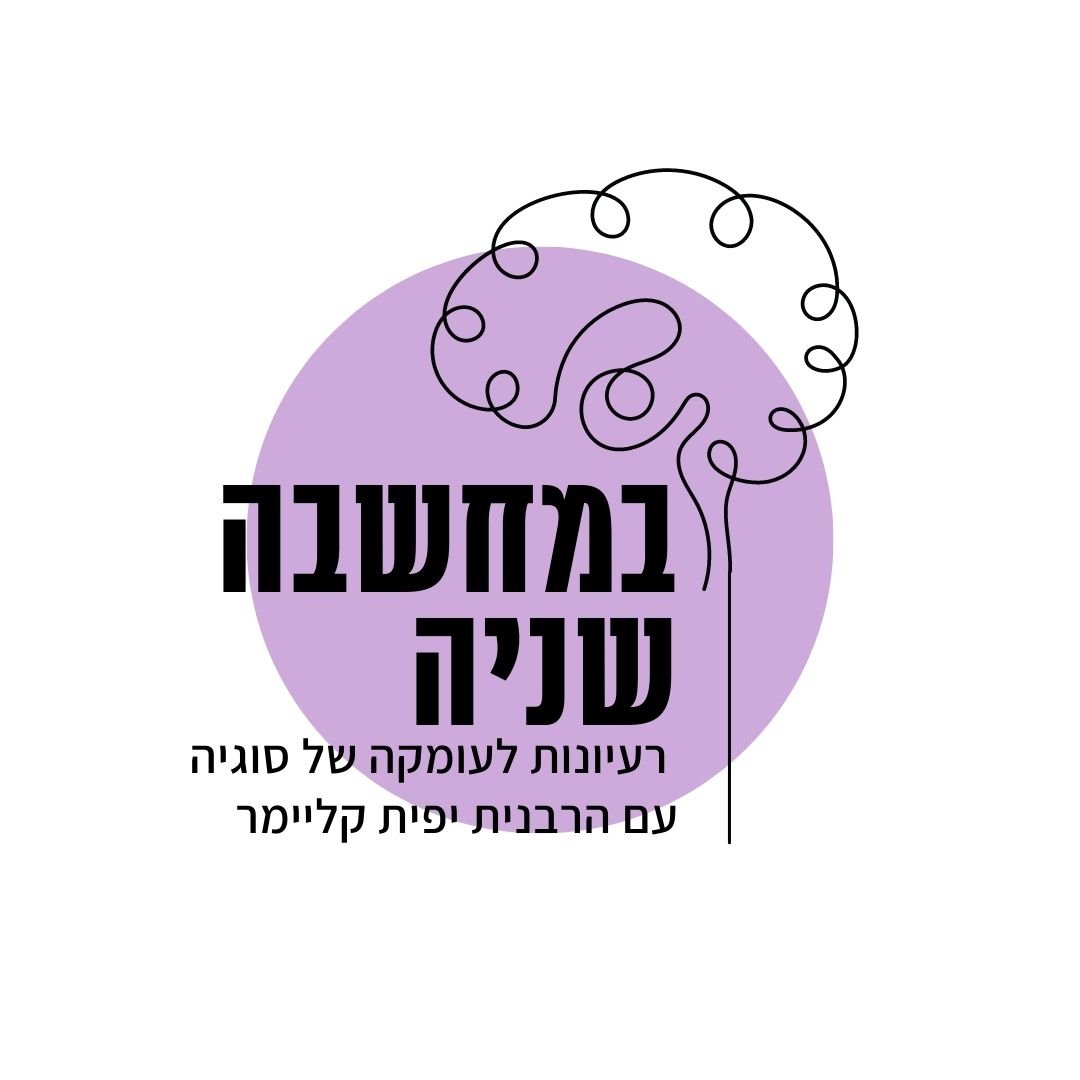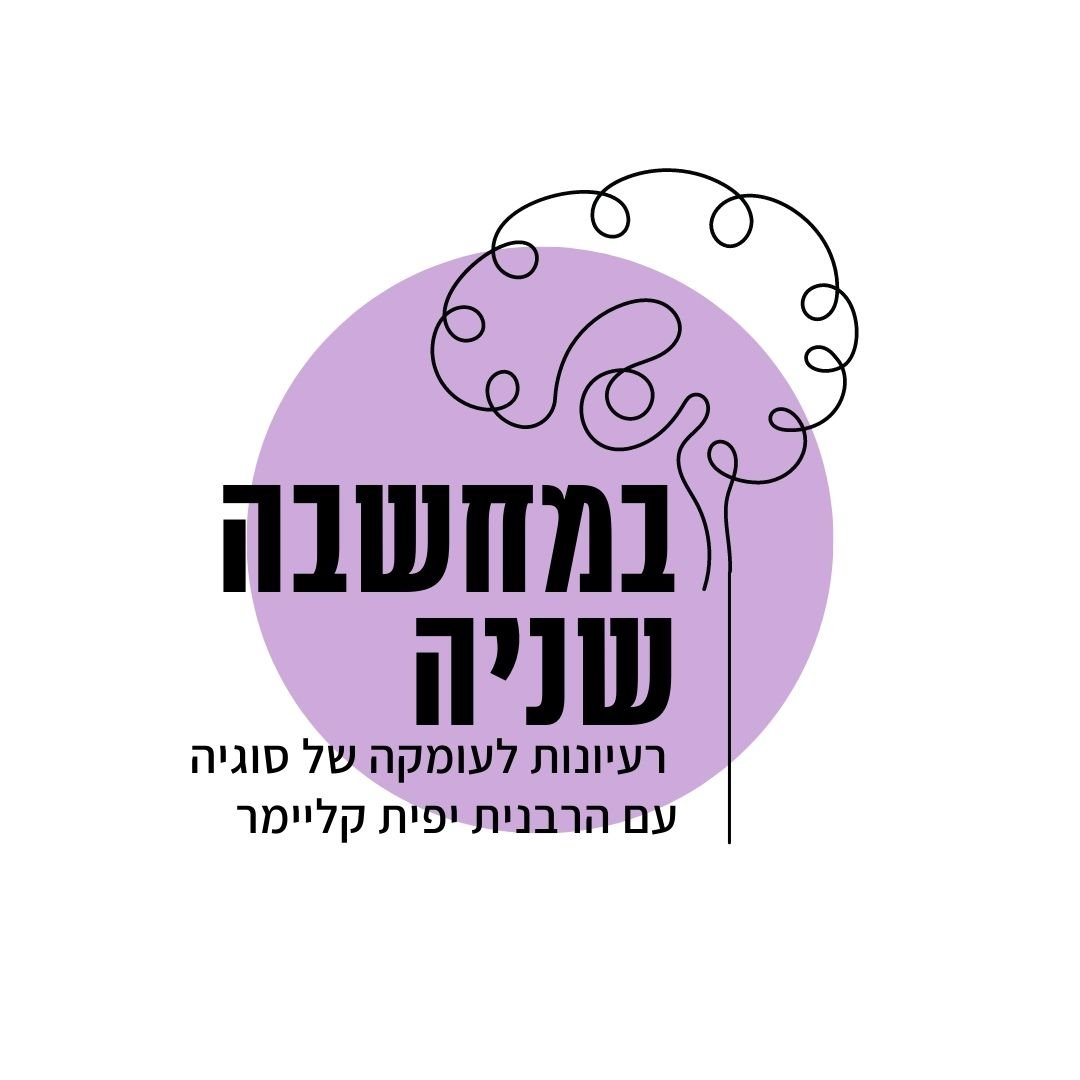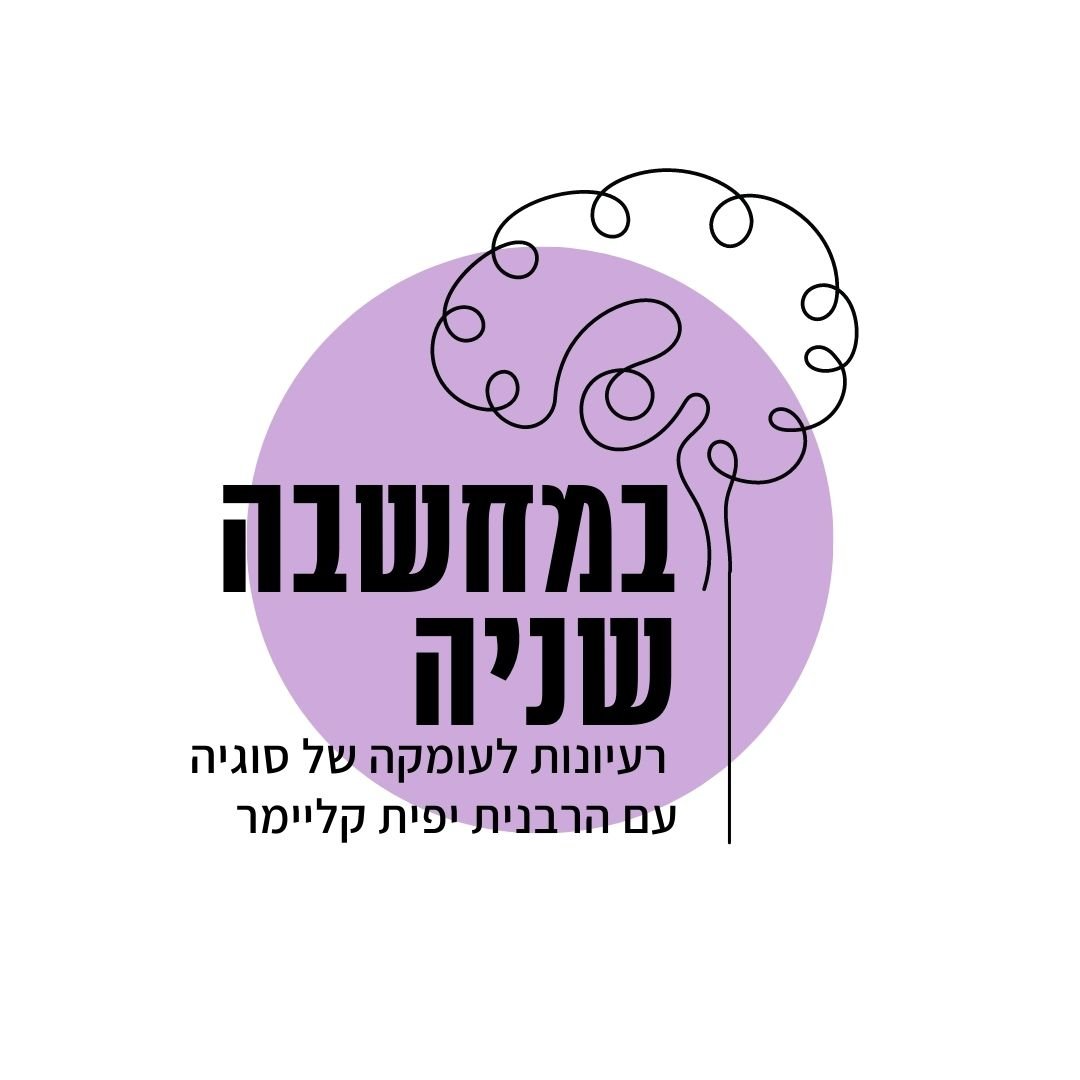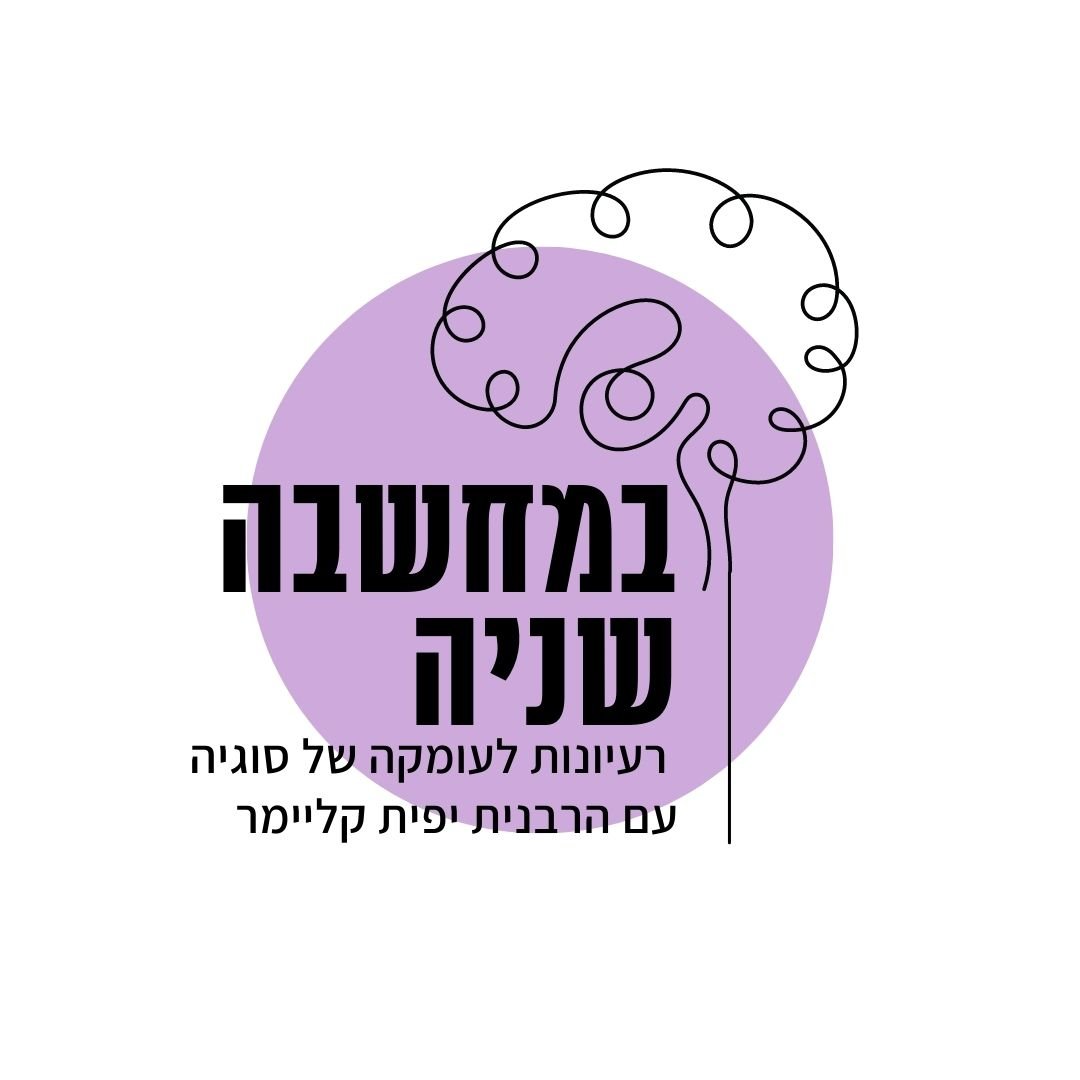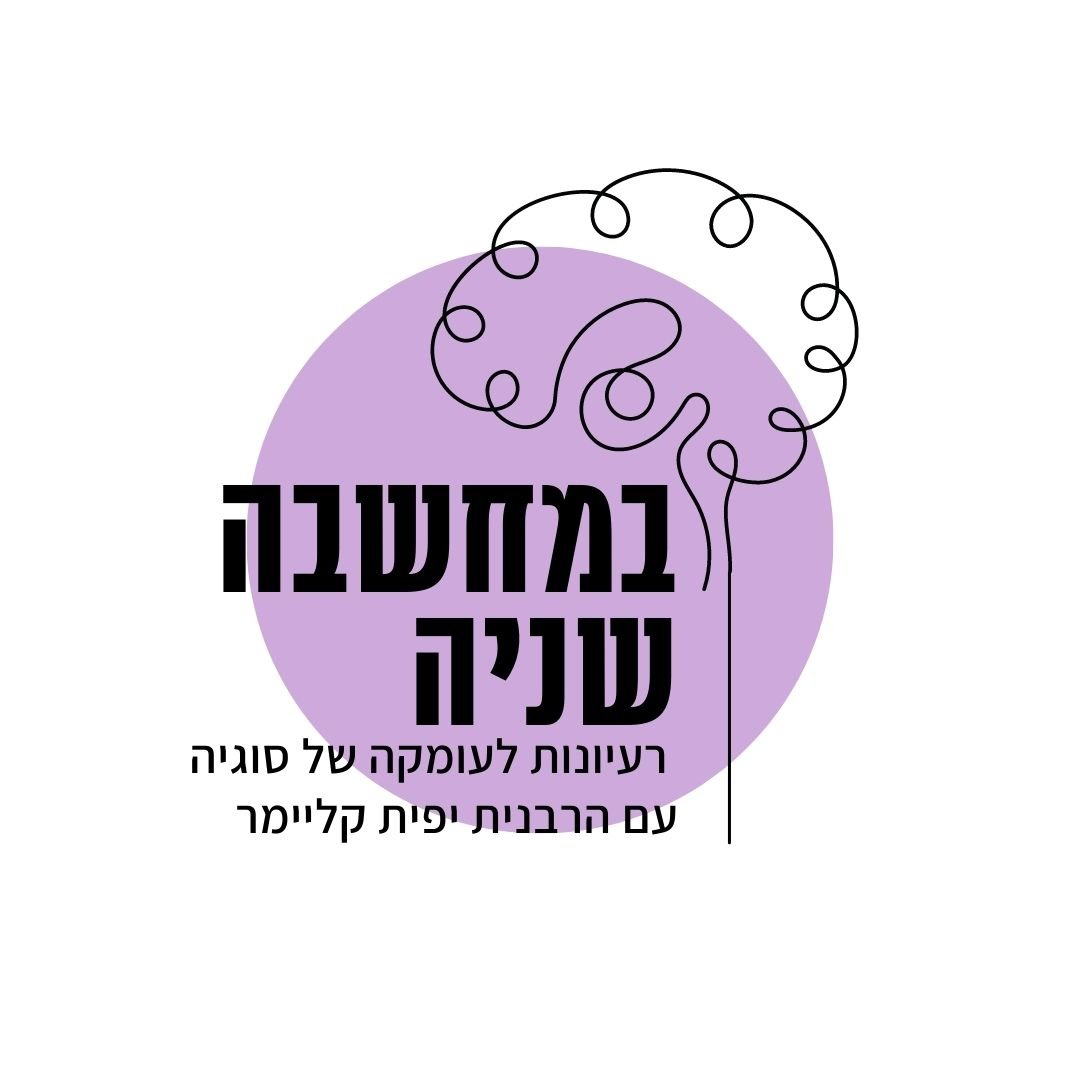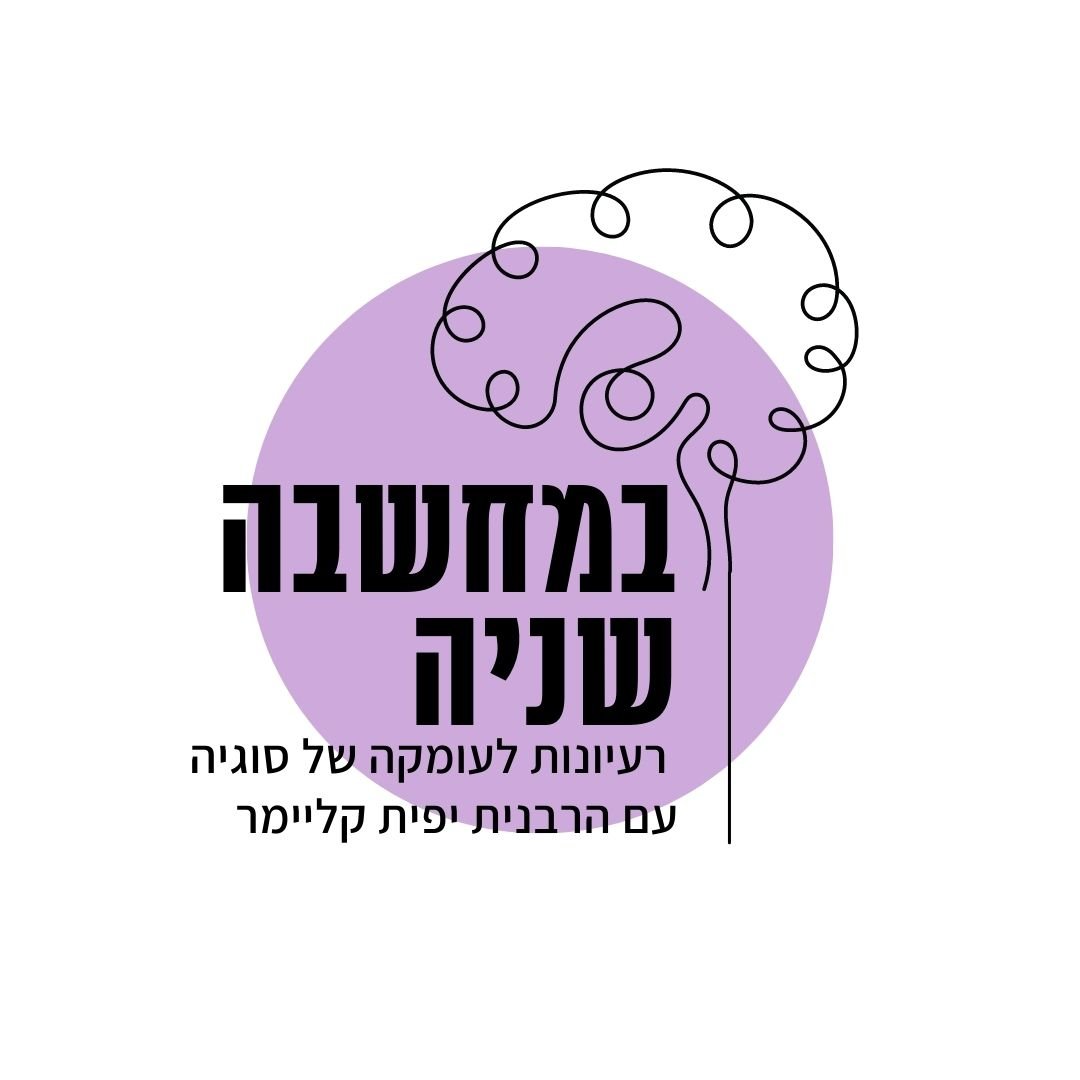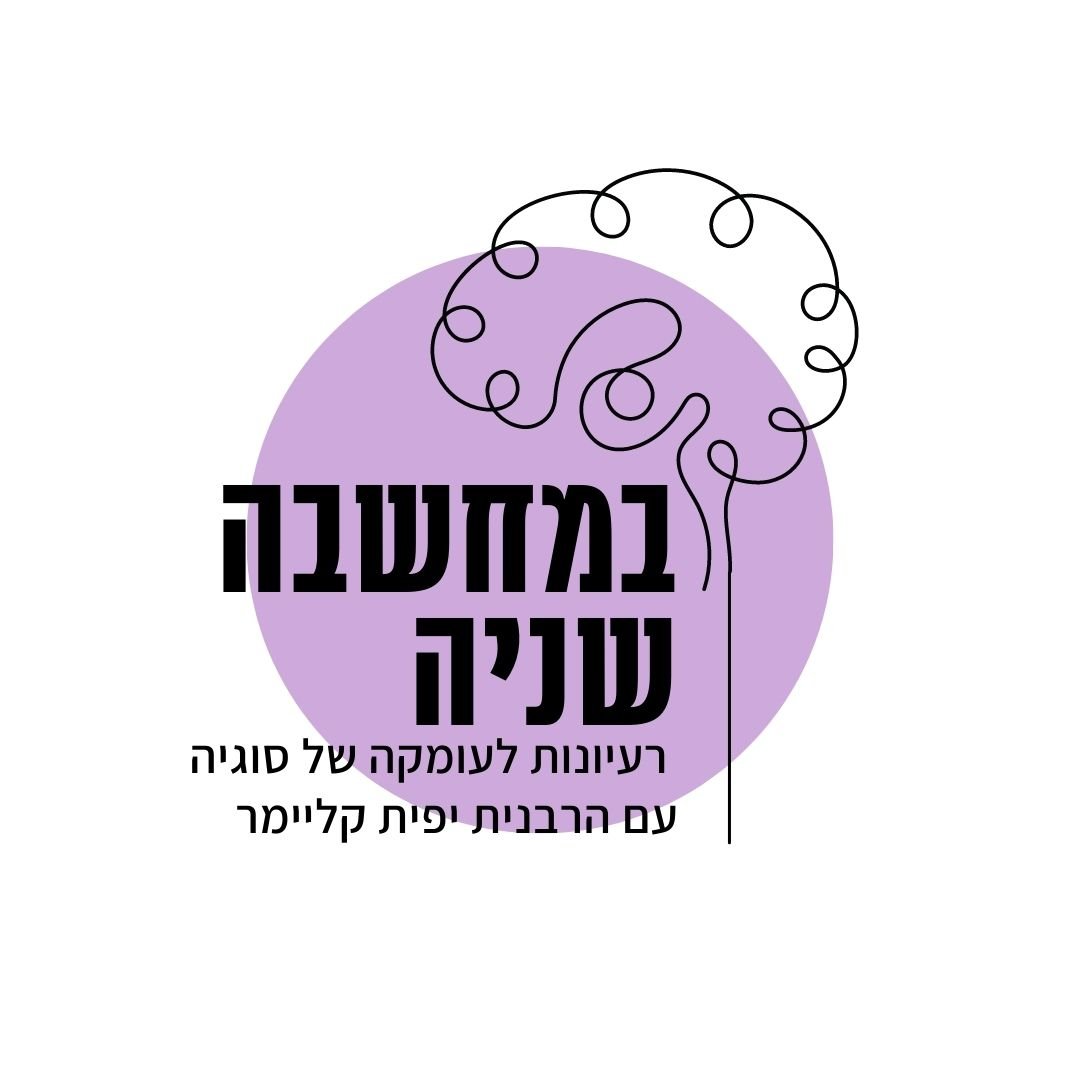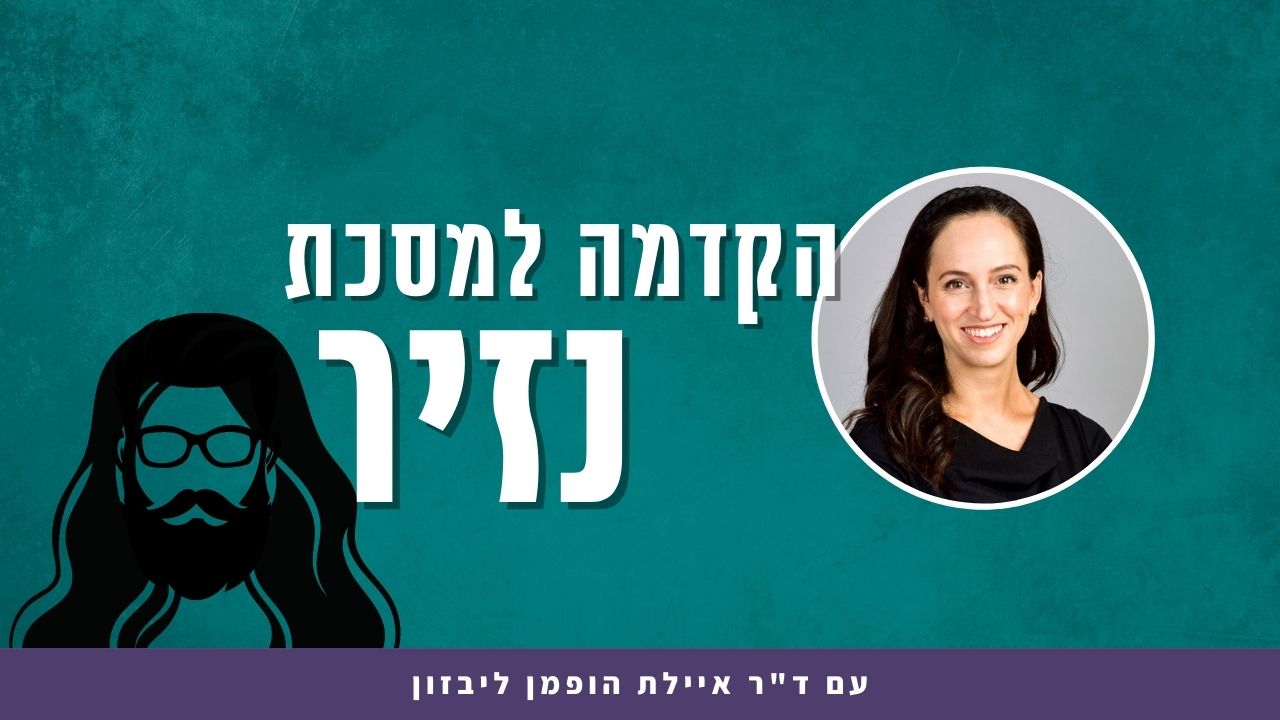נזיר לו
זְעֵירִי אָמַר: אַף שְׂאוֹר בְּבַל תַּקְטִירוּ. כְּמַאן — כְּרַבִּי אֶלְעָזָר, דְּדָרֵישׁ ״כֹּל״?
Ze’eiri says: Permitted and forbidden substances combine with regard to the prohibition against offering leaven on the altar, as well, as it states: “For any [kol] leaven and any [kol] honey shall not be offered as a burnt-offering before the Lord” (Leviticus 2:11). This indicates that one is also liable for sacrificing leaven in a mixture in addition to the liability for sacrificing pure leaven. The Gemara asks: In accordance with whose opinion did Ze’eiri issue his ruling? It is in accordance with the opinion of Rabbi Eliezer, who derives from the term kol in the verse “You shall eat nothing [kol] leavened” (Exodus 12:20) that a mixture with part leaven is forbidden on Passover.
אִי הָכִי לְעִנְיַן חָמֵץ נָמֵי! אִין הָכִי נָמֵי. אֶלָּא לְאַפּוֹקֵי מֵאַבָּיֵי דְּאָמַר: יֵשׁ הַקְטָרָה בְּפָחוֹת מִכְּזַיִת, קָא מַשְׁמַע לַן: אֵין הַקְטָרָה בְּפָחוֹת מִכְּזַיִת.
The Gemara raises a difficulty: If so, then with regard to the matter of leavened bread on Passover, one should also be liable for eating leaven combined with a permitted substance, e.g., less than an olive-bulk of bread soaked in wine, so that the volume is now an olive-bulk. The Gemara answers: Yes, indeed it is so. Rather, when Ze’eiri specifies that the prohibition applies with regard to sacrificing leaven in offerings, he meant to exclude the statement of Abaye, who says: There is significance to sacrificing less than an olive-bulk of leaven on the altar, i.e., one is flogged for sacrificing an offering of that kind. By noting that one is liable due to the fact that permitted substances combine with forbidden substances, Ze’eiri teaches us that there is no significance to sacrificing less than an olive-bulk, and therefore this is not punishable by lashes.
יָתֵיב רַב דִּימִי וְקָאָמַר לַהּ לְהָא שְׁמַעְתָּא. אֵיתִיבֵיהּ אַבָּיֵי: הַמִּקְפָּה שֶׁל תְּרוּמָה, וְהַשּׁוּם וְהַשֶּׁמֶן שֶׁל חוּלִּין, וְנָגַע טְבוּל יוֹם בְּמִקְצָתָן — פָּסַל אֶת כּוּלָּן. מִקְפָּה שֶׁל חוּלִּין, וְהַשּׁוּם וְהַשֶּׁמֶן שֶׁל תְּרוּמָה, וְנָגַע טְבוּל יוֹם בְּמִקְצָתָן — לֹא פָּסַל אֶלָּא מְקוֹם מַגָּעוֹ.
§ Rav Dimi sat and stated this halakha of Rabbi Yoḥanan that a permitted substance does not combine with a forbidden substance except in the case of a nazirite. Abaye raised an objection to his opinion from a mishna (Tevul Yom 2:3): In a case where the thick soup was made with produce that had the status of teruma but the garlic and oil therein were of non-sacred produce, and one who was ritually impure who immersed that day and is waiting for nightfall for the purification process to be completed touched some of the contents, he has disqualified all the contents of the pot from being eaten, as it all is considered teruma soup. However, if the thick soup was made with produce of non-sacred status but the garlic and the oil had the status of teruma produce, and one who immersed himself that day touched some of them, he has disqualified only the contents in the place that he touched.
וְהָוֵינַן בַּהּ: מְקוֹם מַגָּעוֹ אַמַּאי פָּסוּל? וְאָמַר רַבָּה בַּר בַּר חָנָה אָמַר רַבִּי יוֹחָנָן: מָה טַעַם — הוֹאִיל וְזָר לוֹקֶה עָלֶיהָ בִּכְזַיִת.
Abaye continues: And we discussed this issue: Why are the contents in the place that he touched disqualified? Since the primary ingredients of the dish are of non-sacred produce, it should not be disqualified by contact with one who immersed himself that day. And Rabba bar bar Ḥana says that Rabbi Yoḥanan says: What is the reason that the contents become disqualified? It is due to the fact that a non-priest is flogged for eating an olive-bulk of the soup, as anything into which teruma is mixed is considered teruma by Torah law.
מַאי טַעְמֵיהּ?
Abaye concludes his question: What is Rabbi Yoḥanan’s reason that one is flogged for eating this mixture?
לָאו מִשּׁוּם דְּהֶיתֵּר מִצְטָרֵף לְאִיסּוּר? אֲמַר לֵיהּ: לָא, מַאי ״כְּזַיִת״ — דְּאִיכָּא כְּזַיִת בִּכְדֵי אֲכִילַת פְּרָס.
Is it not due to the fact that the permitted substance combines with the forbidden substance? This would mean that this principle applies in other areas of Torah law besides naziriteship. Rav Dimi said to him: No; what is the meaning of an olive-bulk in this mishna? It means that there is enough teruma in the mixture so that when one eats from the mixture he will consume an olive-bulk of teruma in the time it takes to eat a half-loaf of bread. In that case one is liable to receive a punishment for eating this olive-bulk, as though he ate the teruma alone.
וַאֲכִילַת פְּרָס דְּאוֹרָיְיתָא הִיא? אֲמַר לֵיהּ: אִין. אִי הָכִי, אַמַּאי פְּלִיגִי רַבָּנַן עֲלֵיהּ דְּרַבִּי אֶלְעָזָר בְּכוּתָּח הַבַּבְלִי?
Abaye asked him: But is eating an olive-bulk in the time it takes to eat a half-loaf of bread prohibited by Torah law, and is one flogged for it? Rav Dimi said to him: Yes. Abaye asked in response: If so, why do the Rabbis disagree with Rabbi Eliezer with regard to eating Babylonian kutaḥ, a dip that contains bread, on Passover? The Rabbis maintain that one is not punished by Torah law for eating a mixture that contains leaven. Although the Rabbis do not derive from the term “nothing [kol],” that leaven in a mixture is forbidden, they should nevertheless hold one liable for eating an olive-bulk of a forbidden substance in the time it takes to eat a half-loaf of bread.
אֲמַר לֵיהּ: הַנַּח לְכוּתָּח הַבַּבְלִי, דְּלֵיכָּא כְּזַיִת בִּכְדֵי אֲכִילַת פְּרָס. אִי דְּקָא שָׂרֵיף לֵיהּ מִישְׂרָף — בָּטְלָה דַּעְתּוֹ אֵצֶל כׇּל אָדָם. אִי מִישְׁטָר קָא שָׁטַר — לָא מַשְׁכַּחַתְּ כְּזַיִת בִּכְדֵי אֲכִילַת פְּרָס.
Rav Dimi said to Abaye: Leave aside the case of Babylonian kutaḥ, as there is no possibility that one will consume an olive-bulk of the leaven in the time it takes to eat a half-loaf of bread. If he eats kutaḥ in its pure, unadulterated form, by swallowing [shareif] it as food, not as a dip, his intention is rendered irrelevant by the opinions of all other people. It is unusual for a person to eat a pungent dip by itself, and especially so quickly. One receives no punishment for conduct that anomalous. And if he dips [shatar] other food into the kutaḥ and eats it, he will not be found to have consumed an olive-bulk in the time it takes to eat a half-loaf of bread. Due to the pungency of the dip, one typically adds only a small portion of it to his food.
אֵיתִיבֵיהּ: שְׁתֵּי מְדוֹכוֹת, אַחַת שֶׁל תְּרוּמָה וְאַחַת שֶׁל חוּלִּין. וּלְפָנָיו שְׁתֵּי קְדֵירוֹת, אַחַת שֶׁל תְּרוּמָה וְאַחַת שֶׁל חוּלִּין, וְנָפְלוּ אֵלּוּ לְתוֹךְ אֵלּוּ — שְׁתֵּיהֶן מוּתָּרוֹת, שֶׁאֲנִי אוֹמֵר: חוּלִּין לְתוֹךְ חוּלִּין נָפְלוּ, וּתְרוּמָה לְתוֹךְ תְּרוּמָה נָפְלָה.
Abaye raised an objection to Rav Dimi from a baraita: With regard to two spice mortars, one used for teruma spices and one used for non-sacred spices, before which were two pots, one of teruma produce and the other one of non-sacred produce, and the contents of these mortars fell into these pots, but it is unknown which produce fell into which pot, the contents of both pots are permitted; the pot containing the teruma produce is permitted for a priest and the pot containing non-sacred produce is permitted for all. This is because I say, with no definitive proof to the contrary, that the non-sacred spices fell into the non-sacred produce and the teruma spices fell into the teruma.
וְאִי סָלְקָא דַעְתָּךְ כְּזַיִת בִּכְדֵי אֲכִילַת פְּרָס דְּאוֹרָיְיתָא, אַמַּאי אָמְרִינַן ״שֶׁאֲנִי אוֹמֵר״?
Abaye explains his objection: And if it would enter your mind to say that eating an olive-bulk of a forbidden substance in the time it takes to eat a half-loaf of bread is prohibited by Torah law, why do we say this principle: Because I say that the non-sacred spices fell into the non-sacred produce? If the teruma spices fell into the pot containing non-sacred produce, one who eats from the mixture will consume an olive-bulk of teruma within the time it takes to eat a half-loaf of bread, and he will thereby violate a Torah prohibition. One is not lenient in a case of this kind.
אֶלָּא מַאי, הֶיתֵּר מִצְטָרֵף לְאִיסּוּר? אַמַּאי אָמְרִינַן ״שֶׁאֲנִי אוֹמֵר״?! אֶלָּא הַנַּח לִתְרוּמַת תַּבְלִין דְּרַבָּנַן הִיא.
Rav Dimi said to him: Rather, what will you say? That the permitted substance combines with the forbidden substance? But if so, one can still ask why we say this principle: Because I say that the non-sacred spices fell into the non-sacred produce. After all, it is possible that the second mortar contained slightly less than an olive-bulk of teruma, and the permitted substance combined with it to form the amount of an olive-bulk. Rather, leave aside the case of teruma separated from spices, which is teruma by rabbinic law. By Torah law one is required to separate teruma only from grain, wine, and oil. The Sages are lenient with regard to teruma by rabbinic law.
אֵיתִיבֵיהּ: שְׁתֵּי קוּפּוֹת, אַחַת שֶׁל תְּרוּמָה וְאַחַת שֶׁל חוּלִּין. וּלְפָנֵיהֶן שְׁתֵּי סְאִין, אַחַת שֶׁל חוּלִּין וְאַחַת שֶׁל תְּרוּמָה, וְנָפְלוּ אֵלּוּ לְתוֹךְ אֵלּוּ — שְׁנֵיהֶן מוּתָּרִין. שֶׁאֲנִי אוֹמֵר: חוּלִּין לְתוֹךְ חוּלִּין נָפְלוּ, תְּרוּמָה לְתוֹךְ תְּרוּמָה נָפְלָה.
Abaye raised an objection to Rav Dimi from a similar baraita: There were two baskets, one filled with teruma and one filled with non-sacred produce, and before them were two containers each containing a se’a of produce, one of non-sacred produce and the one of teruma, and these, the contents of each of the baskets, fell into those, each of the containers before them. Although it is prohibited for non-priests to eat a mixture of teruma and non-sacred produce, and it is possible that the teruma fell into the non-sacred produce, the contents of both of the vessels are nevertheless permitted; the container of teruma produce is permitted for a priest and the container of non-sacred produce is permitted for all. This is because I say that the non-sacred produce fell into the non-sacred produce and the teruma fell into the teruma.
וְאִי סָלְקָא דַעְתָּךְ כְּזַיִת בִּכְדֵי אֲכִילַת פְּרָס אָסוּר, אַמַּאי אָמְרִינַן ״שֶׁאֲנִי אוֹמֵר״?
Abaye explains: And if it would enter your mind to say that eating an olive-bulk of forbidden food in the time it takes to eat a half-loaf of bread is prohibited by Torah law, why do we say the principle: Because I say the non-sacred produce fell into the non-sacred produce? Why are the Sages not concerned that one might eat an olive-bulk of teruma in the time it takes to eat a half-loaf of bread, which is prohibited by Torah law?

